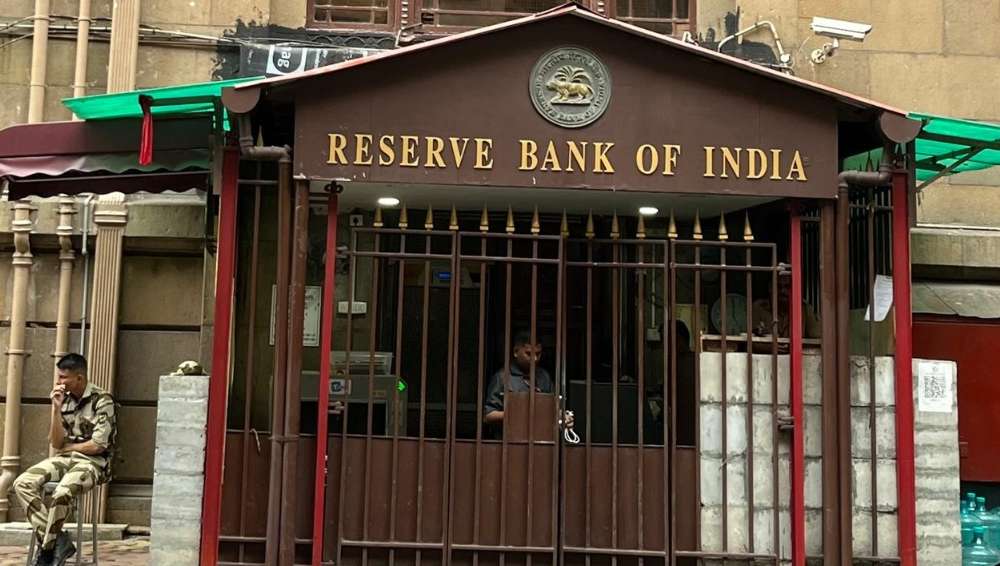

Exclusive: PayU receives final nod from RBI to operate as payment aggregator
13 May 2025, 06:56 PMThe Gurugram-based fintech received an in-principle approval from the central bank in April 2024 to operate as a payment aggregator.
Arti Singh
PayU Payments Private Ltd has received the final approval from the Reserve Bank of India (RBI) to operate as an online payment aggregator (PA).
Commenting on the development, a PayU spokesperson stated, "We are happy to announce that PayU Payments Pvt. Ltd. has received the final authorization from the Reserve Bank of India (RBI) to operate as an online Payment Aggregator under the Payment and Settlement Systems Act, 2007. We are grateful to the RBI for granting us the opportunity to be a responsible contributor to India's payments ecosystem.
As we move forward, we remain dedicated to building a resilient, compliant, inclusive, and innovation-driven institution—one that serves merchants of all sizes and contributes meaningfully to the Digital India vision of the RBI and the Government."
The Gurugram-based fintech received an in-principle approval from the central bank in April 2024 to operate as a payment aggregator. This also allowed the Prosus-owned company to start onboarding new merchants on its platform -- which was banned for over a year.
Similar ban was imposed on Paytm, Razorpay and Cashfree, of which the latter two have already received their final approval.
On Paytm's payment aggregator business, read this exclusive story by The Head and Tale.
This development follows RBI’s recent approvals to other players in the space. Last month, BharatPe received the final approval from the RBI to operate as a payment aggregator. Companies like Razorpay, Google Pay, Cashfree, CC Avenue, Easebuzz, Innoviti Payments among others have already secured the PA licence over last two years. And, of which, Zomato has already surrendered its licence.
According to Prosus’ annual report announced in December 2024, PayU India's revenue grew 11% to $444 million in FY24 despite being unable to onboard new merchants due to the noted embargo during the year. Revenue growth was driven by increasing volumes from existing merchants and growing value-added services such as affordability, it added.
However, while its payments business in India achieved a 3% trading profit margin in FY23, this worsened to -3% in FY24 due to the change in merchant and payment method mix, it had noted.
It added that it has continued investing and building new opportunities such as credit in India. "The credit business revenue has grown 12x since FY21, translating into a revenue CAGR of over 128%. This growth has been coupled with cost reductions, ensuring that the trading-loss margin continued to improve YoY," it explained.
The author is Founder and Editor of The Head and Tale. She can be reached at
[email protected]
Tweets @artijourno









